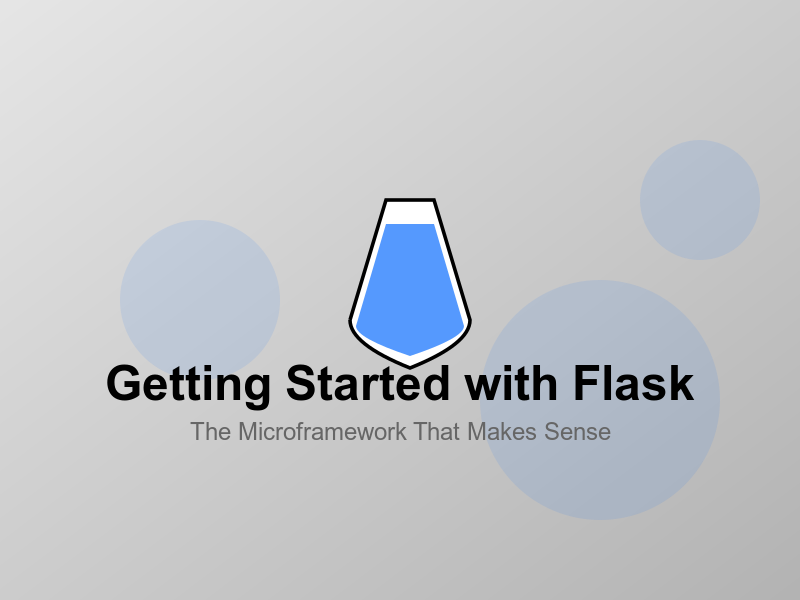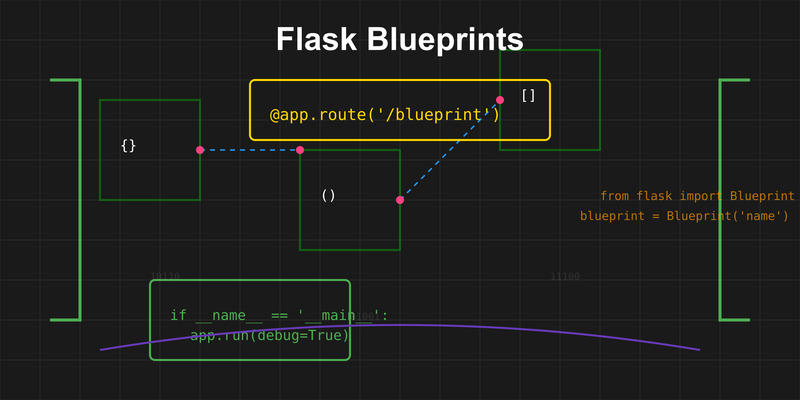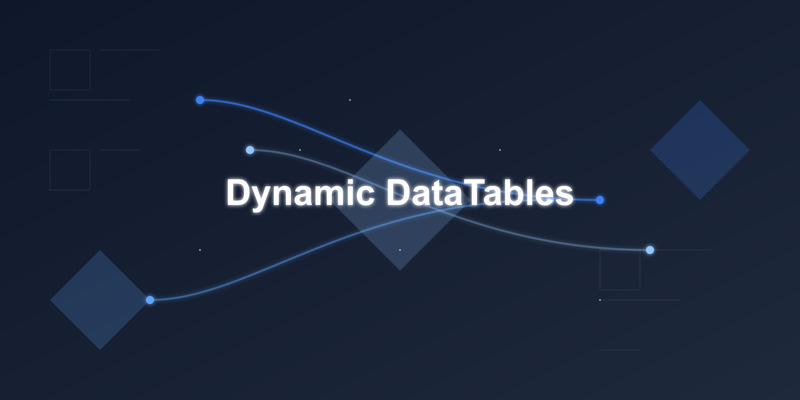
Published on: January 11, 2025
Content reserved for authenticated users. Please SignIN
50% Off on All Products
Active Until October 31 – No Stock Limits
Use the coupon code BOOST_2025 during checkout.
Speed Up your digital journey with our affordable subscription
50% Off
on All Products
See related articles

Understanding Flask Blueprints: A Developer's Guide
Blueprints are a powerful feature that helps developers organize their web applications in a modular and scalable way
Read now
Dynamic Data Tables Concept in Flask
Dynamic Data Table Pattern applied in Flask - can be used to manage information with ease via pagination, search, and filters.
Read nowRecommended Topics
50% Off on All Products
Active Until October 31 – No Stock Limits
Use the coupon code BOOST_2025 during checkout.
Speed Up your digital journey with our affordable subscription
50% Off
on All Products
See related articles

Understanding Flask Blueprints: A Developer's Guide
Blueprints are a powerful feature that helps developers organize their web applications in a modular and scalable way
Read now
Dynamic Data Tables Concept in Flask
Dynamic Data Table Pattern applied in Flask - can be used to manage information with ease via pagination, search, and filters.
Read now